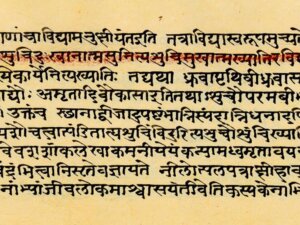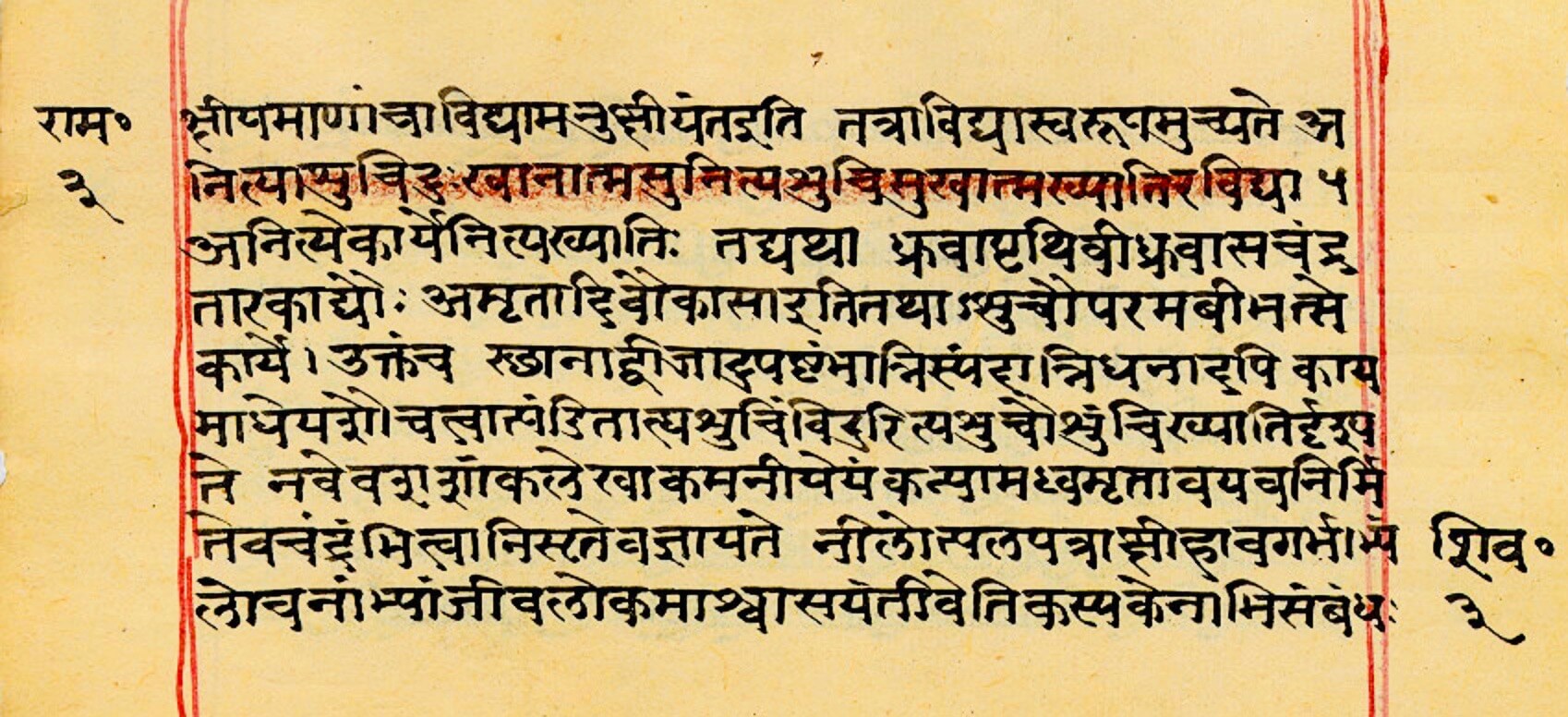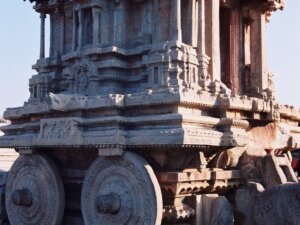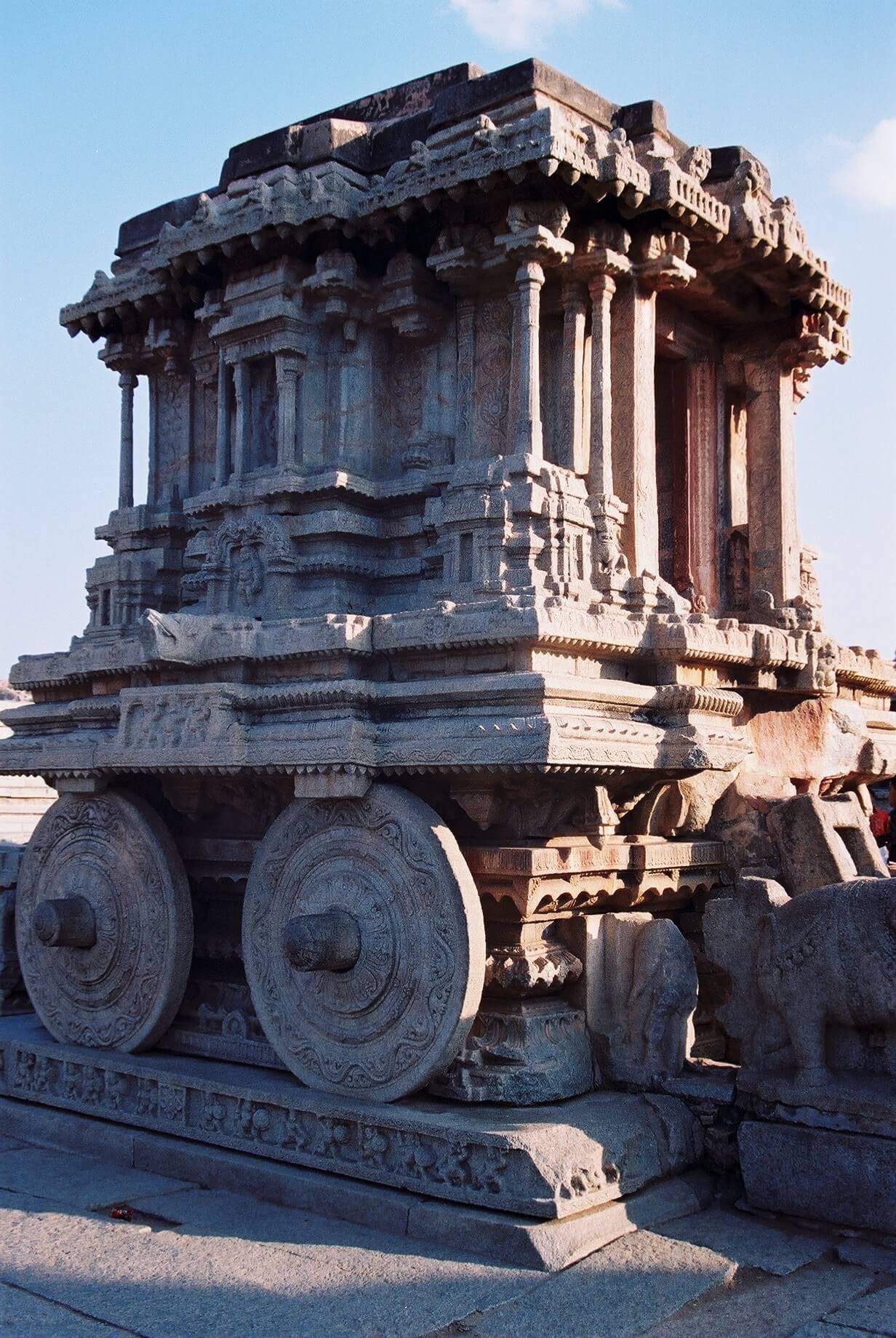Description
Aryanism and Indology
Course Content
Students will gain a historical overview of German Indology from its origins to the present. They will read basic source texts for German attitudes towards ancient and modern India, especially the Vedic period, Brahmanism, and Hinduism. They will learn how German nationalism, theories of racial supremacy, the quest for Aryan identity, and Protestantism and Lutheran anti-Semitism shaped the discipline of Indology.
German Indology’s role in fostering National Socialism and the treatment of Jewish Indologists will also be discussed. Students will also be expected to read and analyze excerpts from Rammohan Roy, Dayanand Saraswati, Tilak, and Ambedkar in light of their knowledge of Indology.
Areas of Study:
History and Methods
Required/ Elective: Elective
Prerequisites: Admission into a Program of Study/
Must have completed Orientation to Hindu Studies or Concurrently enrolled in OTHS
Instructor: Dr. Joydeep Bagchee
Start Date: TBD
End Date: TBD
Day: TBD
Time: TBD
Quarter: TBD






















